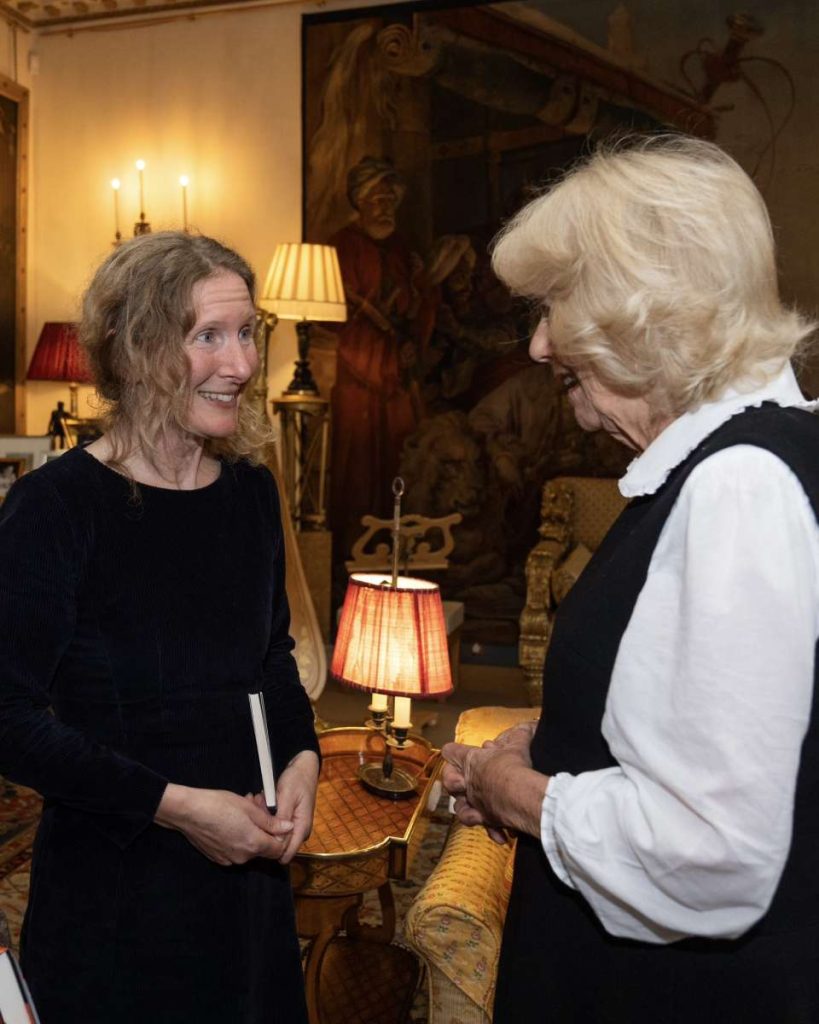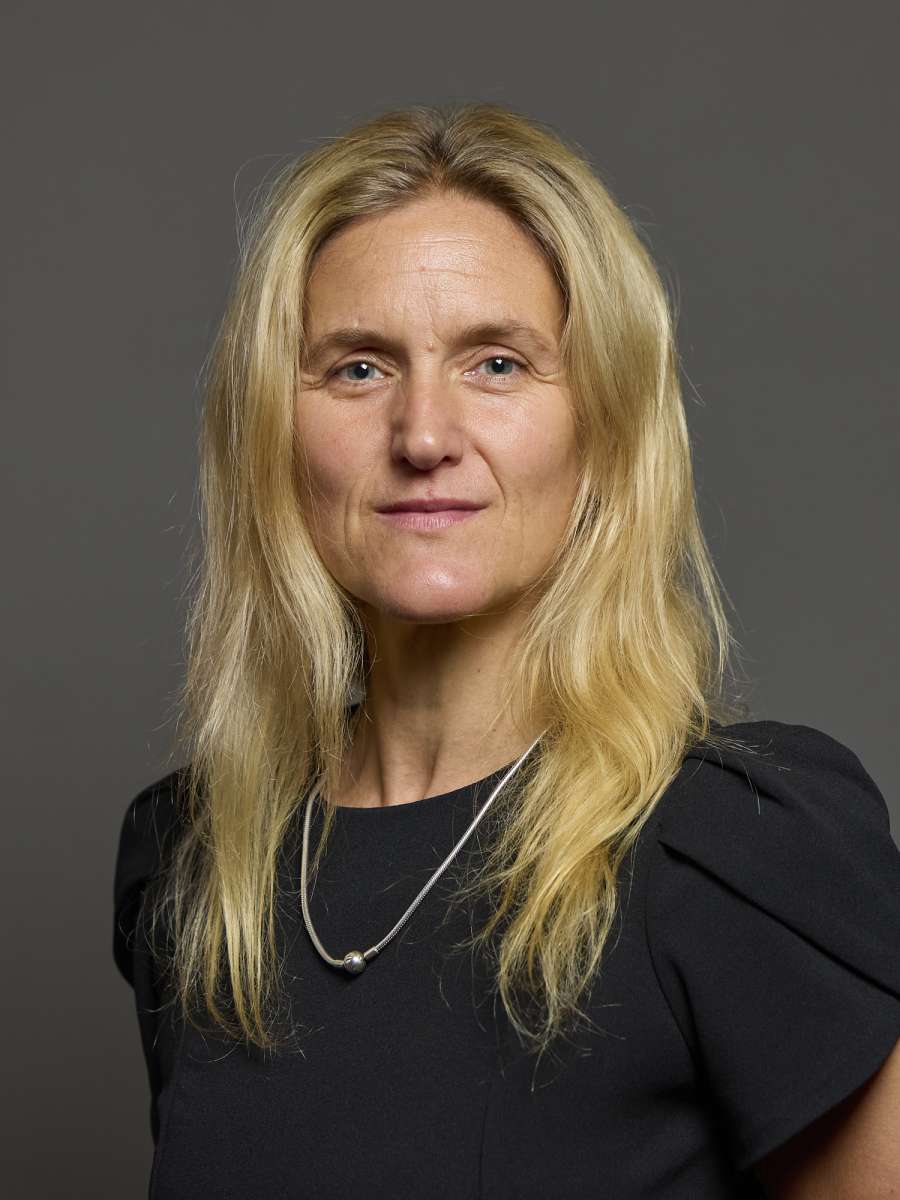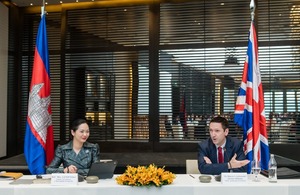British author Samantha Harvey’s fiction on space wins 2024 Booker Prize…reports Asian Lite News
A short novel set on the International Space Station by British author Samantha Harvey in the 2024 winner of the prestigious Booker Prize for fiction.
Harvey was awarded the USD 64,000 prize for her “space pastoral” story ‘Orbital’ that follows the lives of six astronauts on the ISS, as they circle the Earth. The award ceremony was held on Tuesday night at London’s Old Billingsgate
The 49-year-old author has according to the awarding organisation become the first woman since 2019 to win the Booker Prize.

“It is an unforgettable year for fiction, a book about a wounded world. Sometimes you encounter a book and cannot work out how this miraculous event has happened. As judges we were determined to find a book that moved us, a book that had capaciousness and resonance, that we are compelled to share. We wanted everything,” Edmund de Waal, Chair of judges, said.
The book is a novel that is propelled by the beauty of sixteen surises and sixteen sunsets, says De Waal who added that the with her “language of lyricism and acuity Harvey makes our world strange and new for us.
The author said that she wrote the book during the COVID induced lockdowns during which she watched many hours of online footage from the ISS.
Incidentally, Harvey has said that she does not own a mobile phone.
She dedicated the prize to “all the people who speak for and not against the Earth and work for and not against peace”.
She said she questioned herself while writing the book: “Why would anybody want to hear from a woman at her desk in Wiltshire writing about space when people have actually been there?”
“I lost my nerve with it and I thought I didn’t have the authority to write it.”
In an interview after she was longlisted for the prize, Harvey said that she considered ‘The Siege of Krishnapur’ based on a fictional town in India by J.G. Farrell as one of the best books of the last century.
Born in Kent in 1975, the daughter of a builder, Samantha Harvey studied philosophy at the University of York and University of Sheffield. A writer and sculptor, in the 2000s, she worked at the Herschel Museum of Astronomy in Bath, the site from which the planet Uranus was discovered.
She is now a tutor on the MA course in Creative Writing at Bath Spa University and the author of five novels.

She was longlisted for the Booker Prize in 2009 for her debut novel ‘The Wilderness’, about an ageing architect who is suffering from Alzheimer’s. The book was awarded the Betty Trask Prize.
Prior to ‘Orbital’, her previous novel, ‘The Western Wind’, was about a priest in 15th century Somerset.
In 2020 Harvey published her first book of non-fiction, ‘The Shapeless Unease: A Year of Not Sleeping,’ about her personal experience of chronic insomnia.
She has been shortlisted for the James Tait Black Award, the Women’s Prize, the Guardian First Book Award and the Walter Scott Prize. Her writing has appeared in Granta Magazine, The Guardian, The New York Times, The New Yorker, The Telegraph and TIME magazine.lter Scott Prize. (ANI)
ALSO READ: WINTER BLUES…
ALSO READ: ‘Chalo India’ cultural event held in London













